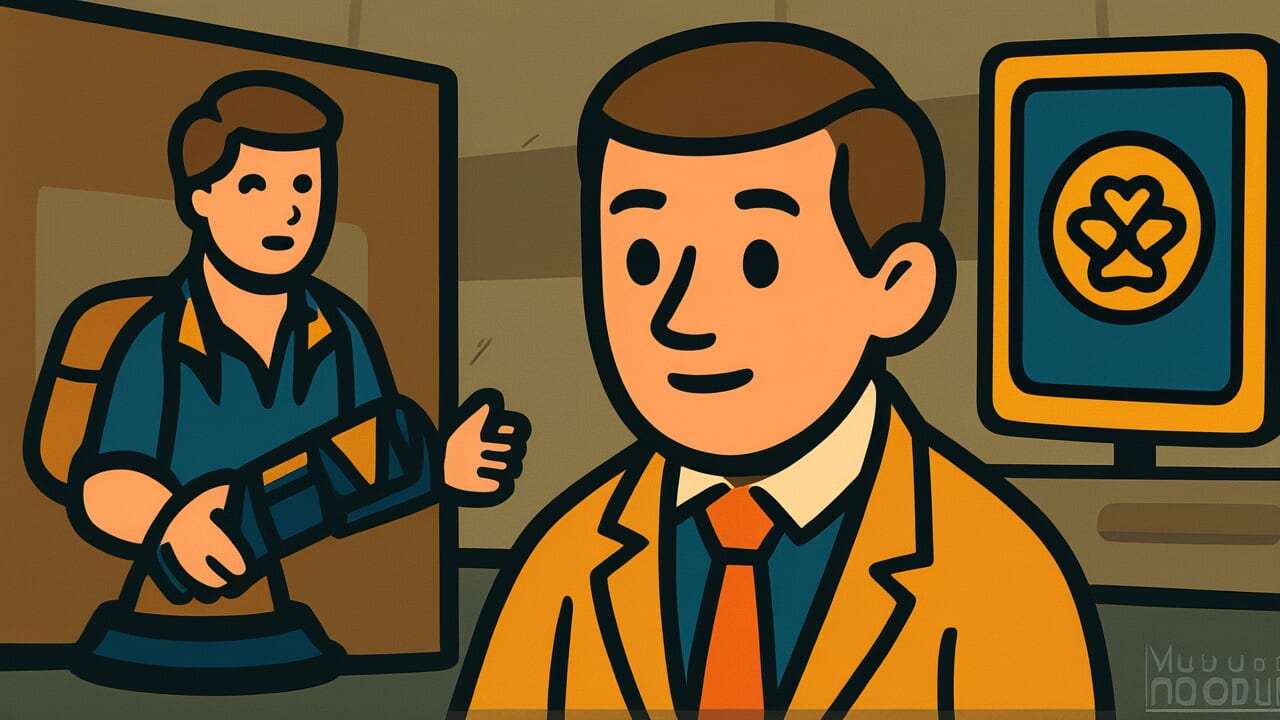How to Read “Honesty is a lifelong treasure”
Shōjiki wa isshō no takara
Meaning of “Honesty is a lifelong treasure”
“Honesty is a lifelong treasure” means that a sincere attitude without lies or deception becomes the most valuable asset in life.
Money and possessions can be lost. But honesty as a character trait cannot be stolen by anyone. It becomes a treasure that supports you throughout your entire life.
This proverb is used when you’re tempted to lie for immediate gain. It also applies when being honest seems like it will cause you loss.
Living honestly earns you trust from others. That trust becomes the greatest asset in relationships and social life.
This teaching remains important in modern society. Once you lose trust, it’s extremely difficult to regain it.
On the other hand, honest people naturally attract others. They receive more opportunities for help. Being honest is the best investment that will always return to you in the long run.
Origin and Etymology
There are various theories about the exact origin of this proverb. However, it’s known to have been widely used in common education during the Edo period.
It was particularly taught in terakoya (temple schools) as a basic moral lesson. Teachers used it to explain the importance of honesty to children.
The word “shōjiki” (honesty) may have entered Japan as a Buddhist term. It meant a correct heart, a heart without falsehood. It has been valued as a fundamental human virtue.
The word “takara” (treasure) doesn’t just mean financial wealth. It refers to something irreplaceably valuable in life.
What’s interesting is that this proverb uses “lifelong treasure” rather than “temporary treasure.” This reflects the ancestors’ insight that honesty’s value isn’t about short-term gains and losses.
It shows through your entire lifetime. You might gain temporarily by lying. But over a long life, being honest brings the greatest benefit.
In Edo and Osaka, which prospered as merchant towns, honesty was valued above all in business. Without trust, business couldn’t survive.
Honest dealings were the secret to long-term prosperity. This practical wisdom is condensed in this proverb.
Usage Examples
- He’s been doing business since his youth believing that honesty is a lifelong treasure, so customers still adore him today
- I tried to cover things up with a small lie, but I thought honesty is a lifelong treasure and told the truth
Universal Wisdom
Every human has desires to take the easy way out and gain advantages. Lying can help you avoid trouble. Covering things up can save you from being scolded.
Such temptations are scattered everywhere in daily life. But our ancestors saw through to a deeper truth beyond such short-term calculations.
The real value of being honest lies in building invisible wealth called trust from others. Humans are social creatures who cannot live alone.
When you’re in trouble and need help, the people around you support you. And people only truly extend their hand to those they can trust.
This proverb uses “lifelong treasure” rather than “temporary treasure.” This shows deep understanding of human nature.
Lies may temporarily avoid problems, but they always eventually unravel. And regaining lost trust takes many times more time and effort than building it.
Being honest may sometimes feel like you’re losing out. But life is a long journey.
What will support you to the very end on that path is the wealth called sincerity that you’ve accumulated. Our ancestors knew this, which is why they left this proverb for future generations.
When AI Hears This
In the 1980s, political scientist Robert Axelrod conducted an experiment with shocking results. In a computer tournament competing various strategies, the simplest “tit-for-tat strategy” won.
This strategy cooperates first, then retaliates if the opponent betrays. It immediately forgives when the opponent returns to cooperation. In other words, the basic stance is honest cooperation.
What’s fascinating is that even in situations where betrayal gains short-term advantage, the honest cooperation strategy mathematically achieves the highest score when relationships repeat.
For example, in a one-time transaction, deceiving the other party might be more profitable. But in relationships continuing 10 or 100 times, honest people gain a reputation of being trustworthy.
As a result, they gather many cooperators. Betrayers may gain short-term profits, but eventually no one will deal with them. They lose the opportunity for cooperation itself.
Even more surprising is that this mathematical model is confirmed in biological evolution. Symbiotic relationships among fish and blood-sharing behavior of vampire bats show this pattern.
In nature too, the pattern of “basically cooperate, counter betrayal” survives. The human intuition that “honesty is treasure” is actually the mathematical optimal solution derived from millions of years of evolution.
It’s quite strange that morality can be proven by equations.
Lessons for Today
Modern society overflows with small lies and exaggerations as if they’re normal. We see showing off on social media and advice on padding resumes.
But this proverb conveys a teaching we should engrave in our hearts precisely because of such times.
When you choose to be honest, it means more than just trying to be a “good person.” It’s an act of building a solid foundation for your own life.
By living honestly, you become a person who takes responsibility for your words and actions. And people around you will trust your words and entrust you with important matters.
Of course, being honest sometimes requires courage. Admitting failure, saying you don’t know, declining because you can’t do something—these aren’t easy.
But each of those honest choices builds up your trust balance as a person.
Life brings unexpected difficulties. When that happens, what saves you is the wealth of trust you’ve accumulated.
Honesty is a lifelong treasure. It’s the most practical and warm advice from our ancestors to you.



Comments